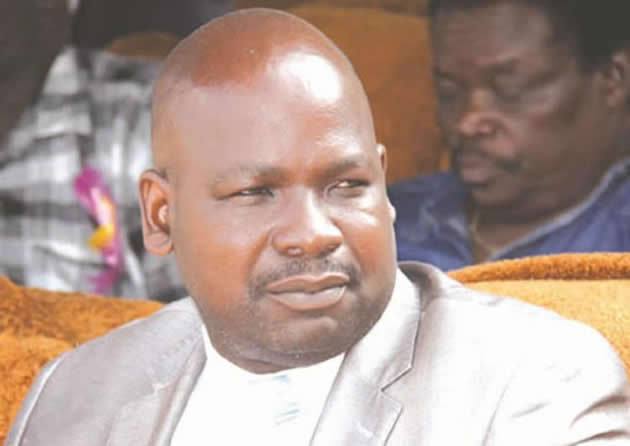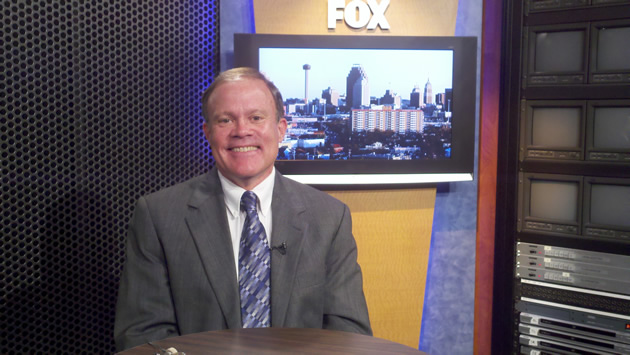Tomana in yet another storm

 Fidelis Munyoro Chief Court Reporter
Fidelis Munyoro Chief Court Reporter
Prosecutor-General Mr Johannes Tomana is at the centre of another storm for allegedly abusing the court process to rubber-stamp the acquittal of former zupco board chairman, Professor Charles Nherera, who was charged with corruption.
The abuse reportedly occurred at the time when Mr Tomana was the Attorney General. Prof Nherera was acquitted by the High Court in November 2009, barely a year after Mr Tomana was appointed to the post of then AG.
He had served a two-year prison term. Following his acquittal, Prof Nherera sued businessman Mr Jayesh Shah for malicious prosecution and demanded damages to the tune of $400 000.
But Mr Shah, through his lawyer Advocate Lewis Uriri, applied for absolution from the instance.
Justice Nicholas Mathonsi, in a judgment delivered yesterday, accepted Adv Uriri’s argument that Prof Nherera was “crucified and resurrected by the same office”, and allowed the application.
Mr Tomana invoked provisions of Section 35 of the High Court Act to quash Prof Nherera’s conviction.
Under the Act, the quashing of an appeal is made upon the prosecution consenting to the appeal.
“This is a notice that was given by an Attorney-General’s Office under the leadership of someone very close to the case,” said Justice Mathonsi.
The judge noted in his judgment that Prof Nherera was convicted by the criminal court. The conviction, he said, was supported by the prosecution on three separate occasions when Prof Nherera escalated his effort to secure his liberty.
The court noted that Mr Tomana, who is now the PG, was the legal advisor to zupco, which was involved in the criminal prosecution of Prof Nherera at the time, as well as his legal representative in addition to being a board member of zupco.
Further, Justice Mathonsi noted that Mr Tomana testified in defence of Prof Nherera during trial and made it clear that he had no case to answer.
“Despite his spirited efforts, plaintiff was still found guilty and sentenced aforesaid,” he said.
Justice Mathonsi said Mr Tomana was elevated to the position of the then AG in 2008 and when Prof Nherera’s appeal came to the High Court in 2009, he was now in charge of prosecutions.
He said what made the case exceptional was the fact that at the trial court, the prosecution was successful.
The failure, he noted, came at the appeal stage when the State decided to make an about-turn and refused to support the conviction, depriving the appeal court a chance to make its own view on the merits of the appeal.
“The concession came as a surprise because the prosecution had, prior to that, strenuously opposed the appeal on the basis that it was devoid of any merit. The prosecution successfully argued that point before the trial magistrate when bail pending appeal was sought. It also succeeded before the High Court when bail was launched. An effort by plaintiff at the Supreme Court was also successfully repelled by the prosecution.”
Justice Mathonsi also made a finding that even before Prof Nherera was charged, Mr Tomana had in his capacity as a board member made up his mind about the former’s guilty or otherwise.
The judge said Mr Tomana in his capacity as Prof Nherera’s legal counsel sued Mr Shah on behalf of Prof Nherera in HC157/06 for defamation.
“Now as the Attorney-General his office was tasked to defend the interest of the State and protect a conviction the State had fought tooth and nail to accomplish,” he said.
Justice Mathonsi said justice should not only be done but should be seen to be done in this case.
“It cannot be seen to be done in the circumstances under which the appeal was conceded.”
He said for the appeal to proceed in terms of Section 35 of the High Court Act (Chapter 7: 06) it relies on the notice given by the Attorney-General that he does not support the appeal. The judge said the section of the Act did not provide what the judge “should do when he or she does not agree with the notice”.
But then the notice, said the judge, was given by someone very close to the case and who should not have participated at all.
“Accordingly, the involvement of Tomana in that process has tainted the outcome of the appeal to the extent the requirement that the prosecution must have failed cannot be said to have been satisfied.”
In his case, Prof Nherera, who was represented by Adv Thembinkosi Magwaiba, claimed Mr Shah maliciously caused his arrest, prosecution and imprisonment on unfounded corruption charges.
He wanted $100 000 for malicious prosecution and $300 000 for malicious arrest and detention.
Prof Nherera was in 2006 jailed for two years effective for corruption and after completing his sentence, the High Court heard his appeal and quashed the conviction.
He was being charged for allegedly soliciting for a bribe from Mr Shah, who operated Gift Investments, so that his company could be awarded a tender to supply Mazda Swaraj buses to zupco.










Comments